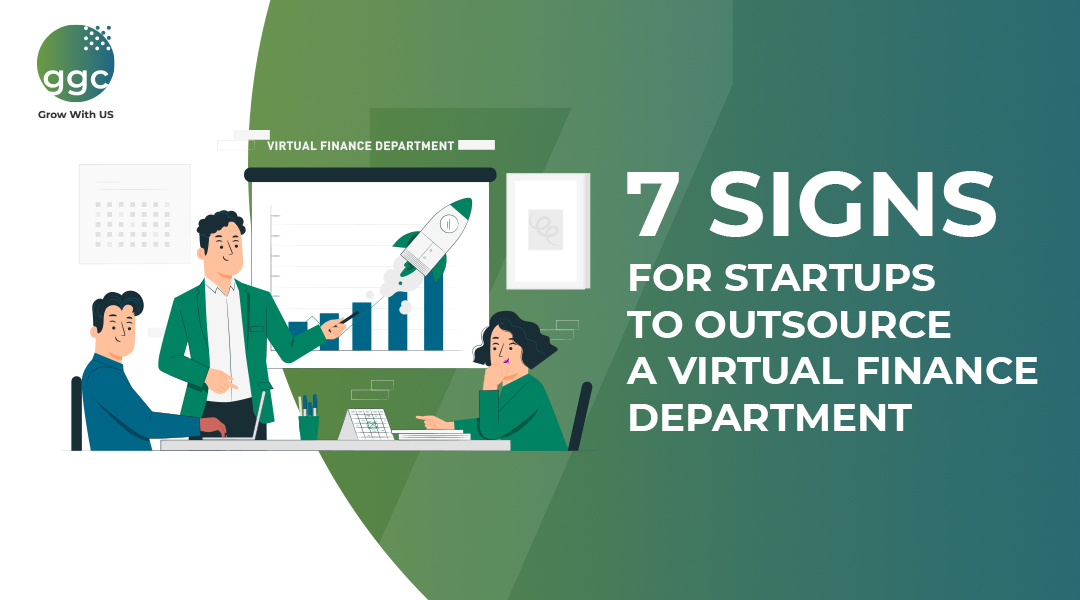We are at the turn of 2021, which was packed with expectations, achievements, and excitement as India stood up to the biggest challenge to humanity and contributed immensely to the development and production of vaccines at a massive scale.
Although a harbinger of unfathomable sorrow, the pandemic did some positives to India. It made us tough, agile, and self-reliant to forge a path for the fastest recovery and growth. We are awestruck to see the Sensex jump over 20000 points higher than when the pandemic started, and how startups in India are adding to the unicorn club and electrifying the stock market with an IPO boom.
Certainly, the startup culture in India has reached the inflection point and revolutionized the entrepreneurship drive as opposed to conventional businesses. The startup founders are a unique breed with solution-based business ideas aided by digital technology. The fervor has truly gripped the nation to make India stand third in the world with 38815 active startups and 77 unicorns.
But, the other side of the coin shows a grim picture. It’s not all roses.
- 9 out of 10 startups fail,
- 7.5 out of 10 venture-backed startups fail,
- 2 out of 10 new businesses fail in the 1st year of operation.
Why?
Because most startups fail due to poor finance management.
The main reason for the maximum failure and minimum success stories of the startup ventures is that the startup owners more often than not take up too many tasks in order to minimize the operating cost.
This leads to amateurish handling of a fledgling company and messing up essential things like financial management, compliance requirements, etc. before crashing down.
It’s important to understand startups are not like traditional small businesses that adopt the strategy of survival from the beginning, with limited risk and no roadmap to growth.
The hallmark of a startup is growth through innovation with a clear business model. During the teething period, it’s natural to be circumspect but once you get the indication that your product can create a niche for itself, you should refuse to cringe.
At this point, it’s essential that you read the signs that your business is sending out to you. It pays to focus on product development and outsource the other key assistance to a virtual finance department. This is a very important juncture, which builds or destroys your business.
A virtual finance department is a better alternative to the traditional finance department which requires an office setup and a large investment. A virtual finance department is a cloud-based solution that requires no physical office space and recurring investment but takes care of A-Z of your financial and compliance needs and navigates you through the rough water to achieve growth and establishment. The best part of a virtual finance department is that while it provides you with a group of experts, including a virtual CFO, you can hire the services selectively and as and when required.
Here are the seven telltale signs that signal you when your business needs an outsourced finance department:
- #1. You don’t know what should be the best legal format for your startup and the paperwork needed.
There are different types of company structures with pros and cons of each type. You require futuristic advice to select the best option and the documentation required for compliance, such as PAN, TAN, GST, IEC, PTR, and more.
You may visit a chartered accountant but a better option would be to hire a virtual CFO service that will provide you with all the necessary legal and financial services over the Internet. This is most suitable for startups as the services are competent, flexible, economical, and modular. - #2. You have to make a budget but you don’t have the cash flow update
Budgeting is an all-important exercise that helps you to plan and materialize your business goals to take your company forward.
But if you can’t make a budget due to a lack of numbers you have two options at your disposal – have an account department of your own or give the responsibility to an outsourced finance department. While the first option is expensive and takes time to deliver, virtual finance can produce your budget much faster and at a much lesser cost. - #3. You have approached for a company loan but it requires detailed financial reports.
If you are not bootstrapped, you’ll almost certainly require a small company loan for expansion, or you may be searching for money from angel investors or venture capitalists as a startup. If that’s the case, they’ll want to take a close look at your numbers. They want to see a detailed financial analysis as well as a report on strategic analysis.
Now this may not be your strong area, as is the case with most entrepreneurs, which provides additional reason to outsource your financial services. This might be a crucial step that could decide between taking your company forward through acquiring a loan and having to close your doors early.
Your outsourced finance department will be prompt to make all reports in the right format that will help your cause. - #4. Financial forecasting is essential to set your plan. But that requires an experienced CFO, which you can’t afford.
A virtual finance department is a group of qualified and experienced finance professionals including a virtual CFO. They provide professional services in all categories of financial management including research-backed financial forecasting and other related information for your business segment.
Good teams also provide guidance, advice, and insight. Hiring an outsourced workforce with experience working with startups and young businesses will be incredibly beneficial. - #5. Periodic GST filing is important, but you don’t know your payable and how to pay.
A GST return is a document that contains all of the information about sales, purchases, sales tax, and sales tax paid. After you file your GST returns, you must pay the resulting tax liability, which is the money you owe the government.
GST payment is extremely important for a company’s compliance. According to the instructions, every registered regular taxpayer is required to file monthly GST returns and pay the required tax by the due date for GST payment – the 20th of each month.
GST calculation and payment is the responsibility of the accounts department, which can be outsourced to a virtual finance department. This will save a lot of your time and money. - #6. TDS calculation and payment is a time-consuming matter but must be done in time to avoid fines and compliance issues.
TDS (tax deducted at source) is a system used by the government to ensure that tax is paid on every income. TDS is deducted from incomes before payments are made, according to the pay-as-you-earn philosophy. From the standpoint of a startup, it is required for the company to deduct TDS on payments made to not just its employees, but also to any external contractors or professionals hired.
TDS must be collected and deposited with the government on a monthly basis. Every quarter, a statement of the TDS deposited, known as a TDS Return, must be filed. - #7. Your business is facing difficulties due to multiple factors that require handling by a CFO.
A startup has many challenges, including financial planning and management, MIS reports, compliances, corporate governance, and meeting strategic objectives. These are the essential back-office tasks that ensure the growth of a company and also protect it from unanticipated setbacks.
A reputed Virtual CFO organisation provides comprehensive financial management services to firms of all sizes. It’s particularly useful for startups, as they frequently face compliance issues and have to maintain a fast growth rate.


